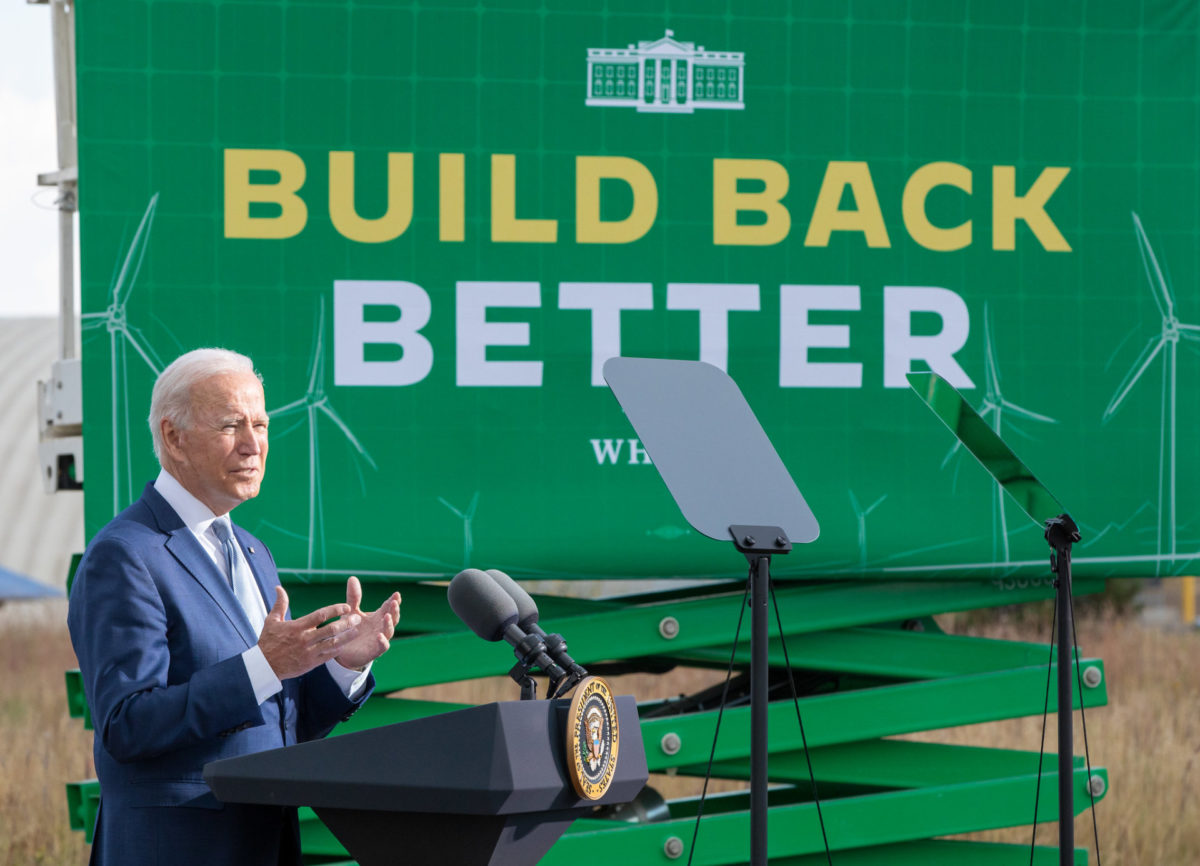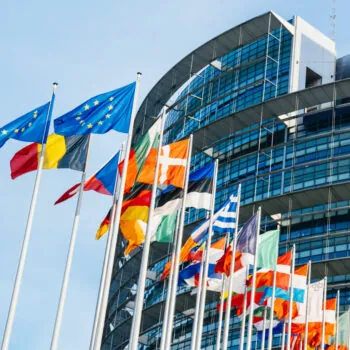Before President Biden left for the G20 and COP26, he and Congressional Democrats almost finalized a massive trillion-dollar social spending bill with billions in climate investments. Biden will arrive in Glasgow without having signed the most significant climate investment package in US history, known as the Build Back Better bill. But Biden is expressing confidence that Democrats will follow through on the framework, giving the US some credibility heading into the COP26 negotiations.
Major emitters, emerging economies, and developing countries are asking, how can the US ask other countries to be more ambitious when it can’t even pass climate legislation? For decades, the Democrats in Congress have tried and failed to deliver robust climate legislation. Various administrations have successfully used federal regulation, such as the CAFE standards, to reduce carbon emissions and various pollutants. However, regulation can be undone by the next administration. The US needs robust climate legislation that is not susceptible to changing political winds the way regulation is and delivers meaningful reductions in domestic emissions. By making concrete, meaningful investments at home, the US may be able to boost its international climate credibility.
The price tag for the original proposal was $3.5 trillion. Despite major cuts to the overall price tag, the bill retains roughly $550 billion in climate investments. However several key enforcement components, or “sticks”, were cut or are in jeopardy. The signature piece of Biden’s climate agenda, the Clean Electricity Performance Program would put the US on the path of decarbonizing the power sector by 2035. The program is a $150 billion federal investment that incentivizes utilities to meet certain clean energy goals each year and levies a fee on those that fail to comply. Recent polling shows 66% of Americans support the program. Despite its overwhelming popularity, the program was cut after objections from a conservative Democrat, Senator Manchin, who has massive investments in the coal industry.
The Methane Reduction Fee, long considered the ‘low hanging fruit’ in emissions reductions, is in jeopardy. A fee on methane leaks, which would put a price on each ton of methane unintentionally released into the atmosphere from the oil and gas system, could incentivize oil and gas companies to tighten up their supply chains. This proposal would cover the entire supply chain, including production, natural gas processing, transmission, compression, import/export operations, and storage. Analysis from Resources for the Future shows, “a low methane fee of $500/ton of methane could nearly cut the leak rate in half.”
Even without the “sticks,” President Biden maintains the Build Back Better bill will enable the US to meet its climate target, a 50-52% reduction in emissions below 2005 levels by 2030. The all carrots, no sticks approach shows just how challenging it is for Congress to pass mandated emissions reductions without a filibuster-proof majority and narrow margins in both chambers. The current incentives include clean energy tax credits for zero-carbon power, and consumer subsidies for electric vehicles, rooftop solar, heat pumps, among others. There’s also funding for resilience, a Civilian Climate Corps, investments for clean energy technology, manufacturing and supply chains, plus clean energy procurement for government agencies. There’s even funding for a national climate bank, titled the Clean Energy and Sustainable Accelerator.
While Congress has not yet passed and President Biden has not signed the Build Back Better bill, the agreed-upon framework will give the US some more credibility at COP26. But the road to restoring US credibility doesn’t stop there. Congress must follow through on Biden’s pledge of $11.4 billion in climate financing for developing countries per year by 2024.


